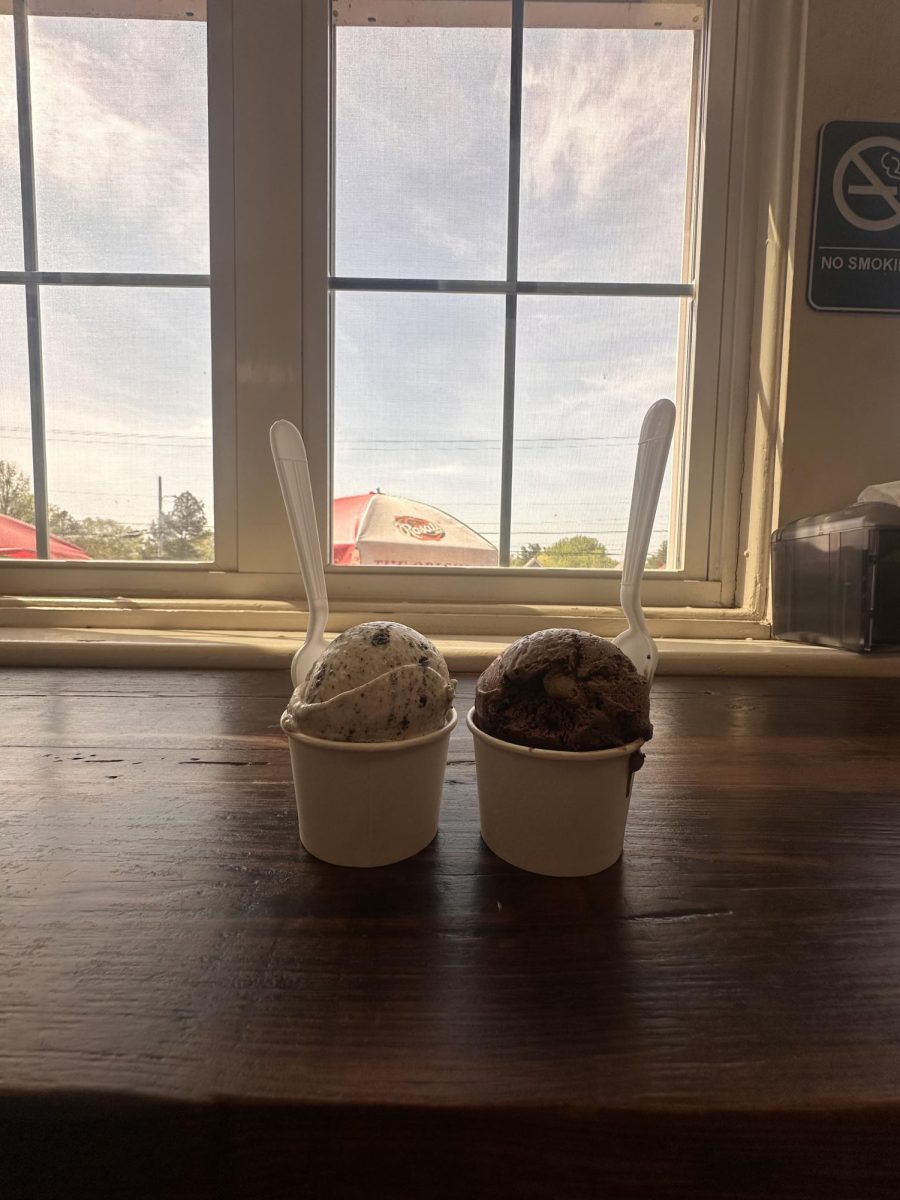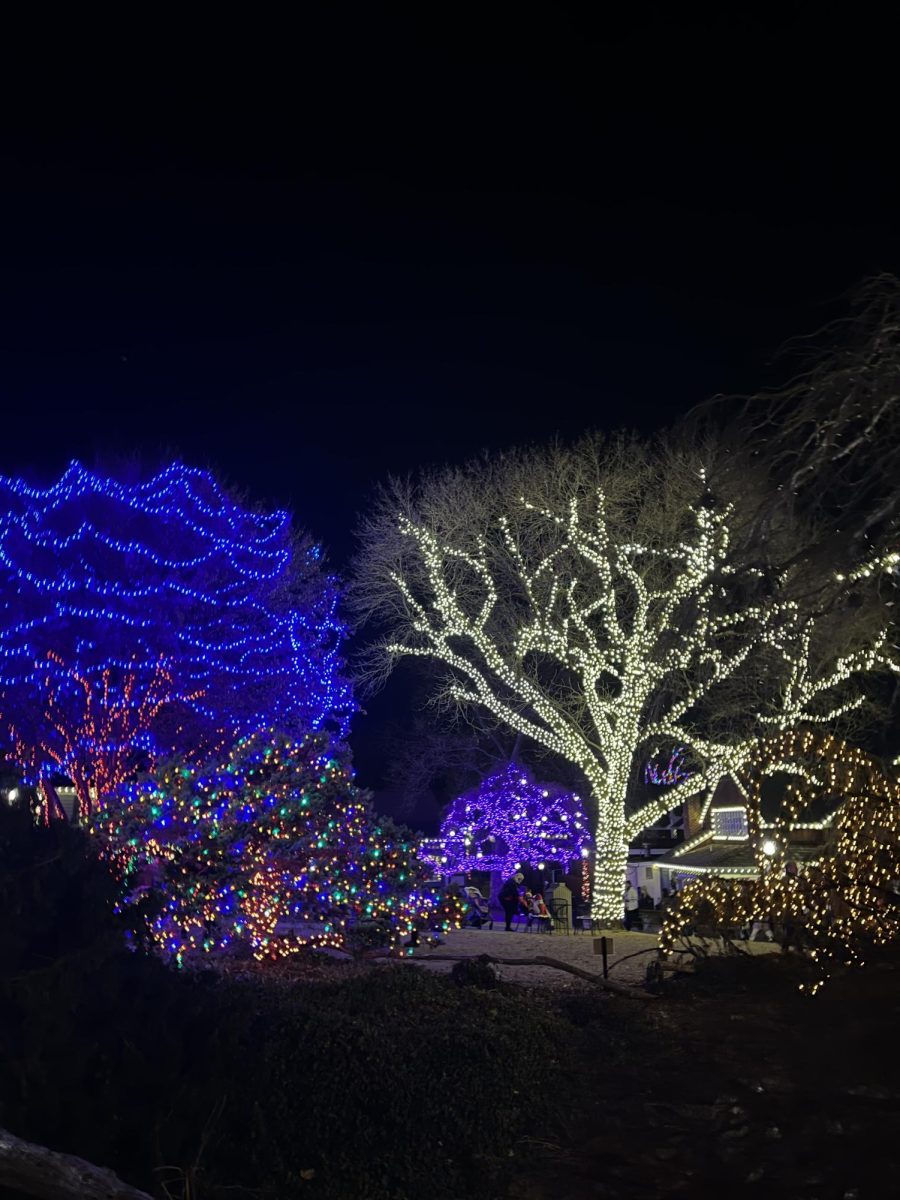Around the world, December and January are months rich with diverse holidays, each with its own traditions reflecting the unique heritage and values of its people. As families gather to celebrate Christmas, the warmth radiating from festive lights, carols, and the exchange of gifts fills the air with joy. As the calendar turns to New Year’s Day, the atmosphere shifts to one of renewal and hope, where celebrations erupt with fireworks, resolutions being made, and diverse customs
Different cultures put different spins on Christmas cookies, varying from how they bake them and what type of cookies they make that are often used for gifts during the holiday season. Sugar, an ingredient used to bake cookies, started becoming more popular and available to people, which evolved into the creation of cookies. Cookies became popular because they are a hard treat that lasts weeks without going bad. In German culture, they have a tradition of baking Weihnachtsplaetzchen, meaning cookies and holiday treats. This tradition encompasses the origin of Christmas baking.
A common tradition between people who celebrate Christmas is gifting and receiving pajamas. Theresa Kolodziejski, a caring mother of two, explained one of her favorite traditions. “We started getting Christmas pajamas every year for the kids. It was just something that I wanted to do.” Wearing matching pajamas can bring a family together, giving them something sentimental yet fun to do during the season. Pajamas are an easy-to-buy present that can spark traditions in other families. Philip Conte, Kolodziejski’s future son-in-law, inherited this tradition from the family. When asked about the traditions he partakes in, Conte stated, “I grew up with a lot except the Christmas pajamas. That is something new that my girlfriend [Paige Kolodziejski], and I do.” Passing on traditions, even as simple as wearing matching pajamas, can bring a family closer together, giving them something joyful to do during the holidays.
New Year’s Day has a lot of traditions surrounding it that are appreciated around the world. In New York, there is the annual Times Square ball drop to ring in the new year. This tradition started in 1907, and it is estimated that around 1 billion people watch the ball drop on TV.
In Brazil, the tradition is to wear white and go to the beach in celebration of the New Year. There are presents placed in boats and pushed into the ocean, where people race out to get them. At the beach, some people practice a tradition of making offerings to Lemanja or Yemanja, the ocean goddess from traditional Afro-Brazilian religions.
In Spain, people like to celebrate by eating twelve grapes, one for each chime of the clock marking midnight, which brings good luck for the next year. This tradition dates back more than a century.
In the Philipines, it is believed that roundness symbolizes prosperity, so celebrations feature round items. Households pick twelve round fruits for each month of the year, and people will fill their pockets with coins or leave them on tables to attract wealth. Another example is wearing polka dots for good luck.
Another holiday that brings people together is Hanukkah, one of the most popular. The holiday brings families and friends together to celebrate the miracle of the oil that lasted eight days, symbolizing hope and perseverance. As candles are lit each night, the warmth of their glow fosters a sense of togetherness, prompting cherished traditions such as playing dreidel, sharing stories, and enjoying festive meals. A common gift kids receive during Hanukkah is gelt, a chocolate coin wrapped in gold foil.
Along with giving gifts, playing games is very popular, specifically Dreidel. It involves a four-sided spinning top, called a dreidel, each side marked with a Hebrew letter: Nun, Gimel, Hei, and Shin. Each letter represents a different outcome in the game, determining whether players win or lose tokens, such as gelt, nuts, or other small items. Players take turns spinning the dreidel, and the game is often played in a group, fostering a sense of community and celebration during the holiday. The game not only provides entertainment but also serves as a reminder of the historical significance of Hanukkah.
All of these traditions, while different in unique ways, serve as a universal thread that connects people across the globe, transcending cultural and geographical boundaries. These diverse practices highlight a collective aspiration for a fresh start, reminding us that, despite our differences, we all seek joy, peace, and connection as we welcome a new year.





